New Soccer Stadium for Rome? A Decision Approaches
Many here agree that Rome needs a new stadium for soccer matches (in Italy, "football"). The prime reason for promoting a new stadium is that the Olympic Stadium, currently home for both Rome's rival Serie A soccer teams - AS Roma and SS Lazio - is not ideally suited for soccer matches. The result has been a remarkable degree of support across the board for the project, including from the powerful city hall management, the Soprintendenza.
Initially Beppe Grillo and many in his Five Star Movement were opposed, but in recent weeks the position of Grillo himself and of the M5S mayor of Rome, Viginia Raggi, seemed to soften. With polls showing that six out of ten Romans want the new stadium, Grillo himself came personally to Rome this week to participate in the debate on the issue.
The existing stadium, Rome's largest, is located at the Foro Italico complex, along the Tiber River just two miles from the Vatican. Its construction dates from the Mussolini era. Begun in 1928, its first tier was completed in 1932, and the whole opened for business only in 1953, in time for the for the Olympic games of 1960. Since then, it has hosted countless important soccer matches as well as other events, including rugby matches and concerts. In 1990 it was restructured and given a roof before it hosted six of the FIFA World Cup matches. Its last restyling was only seven years ago.
For various reasons it is underutilized, however. With a capacity of well over 72,000, average soccer game attendance runs only half that, or between 35,000 and 40,000 for the Roma team, and a shade fewer for Lazio. For soccer, its grassy playing field is fine, but the field is surrounded by a broad six-lane athletics track. This track means that fans are seated at a relative distance from the game. Soccer fans, especially if seated in the upper tiers, are frustrated because they have limited viewing.
In addition, there is a serious problem of traffic: in an area so close to the center of downtown Rome, this is congested even without the arrival of tens of thousands of soccer fans. A further aggravation is that public transportation facilities there are poor, with no nearby subway stop and only limited bus service. The proposed new stadium is more accessible, near a subway line.
The cost of the new and more tightly focussed stadium, with steeper walls, seating 56,000 and no surrounding athletics track, is estimated at E1.2 billion ($1.26 billion). To be built in Roman outskirts at Tor di Valle, the project was initially proposed by Raggi's predecessor, Ignazio Marino, in 2014. Designed by American architect Dan Meis, it would be flanked by a public park, three skyscrapers and an entertainment area.
Those promoting its construction say that it will foster economic development and help Italy in future bids to host European championships, while also bringing improvements to an otherwise rundown Roman neighborhood. That it would rise far from the center of town is a plus, in the sense that it would keep the huge crowds farther from the historical sites, but its opponents warn that the area is close to the Tiber and could make it subject to flooding.
A top supporter is Francesco Totti, Italy's superstar soccer player and captain of AS Roma. "Let's do this stadium," he wrote Mayor Raggi on Facebook, in Roman dialect ("Famo sto stadio"). She replied in the same dialect: "Let's do this stadium" but added "while respecting the rules." ("Famostostadio nel rispetto delle regole").
After having initially rejected it, Rome Mayor Raggi came around to supporting the new stadium, and two weeks ago sent a cordial note to Totti. He replied on Facebook #FamoStoStadio, that "I'll be happy to meet her, and maybe even toast the definitive okay for the new stadium which, I am sure, will be coming soon."
Negotiations continue, with a possible final decision expected by March 3, or in time for the 2020 - 2021 season, as a hopeful Umberto Gandini, manager of AS Roma, told reporters earlier this week. However, negative opinions have arrived from the law office of the city of Rome as well as the Soprintendenza for Archaeology, in opposition to the Capitoline Soprintendenza.
This Friday AS Roma and the politicians from Rome meet again for discussions about the project. "Will it get built? Maybe yes, maybe no," sentenced the conservative daily Il Foglio on Feb. 22. In fact, for the moment all is up in the air. City officials are echoing Raggi in saying, that if built, the stadium must be "within the rules," though what this means is unclear. "It's a TV soap opera," said Il Foglio. The no's seem to be slipping ahead. Despite Grillo's having said the other day that, "We can't say no to everything all the time," anti-stadium feeling had grown within his party. All he will say is, "It's up the Mayor Raggi."






























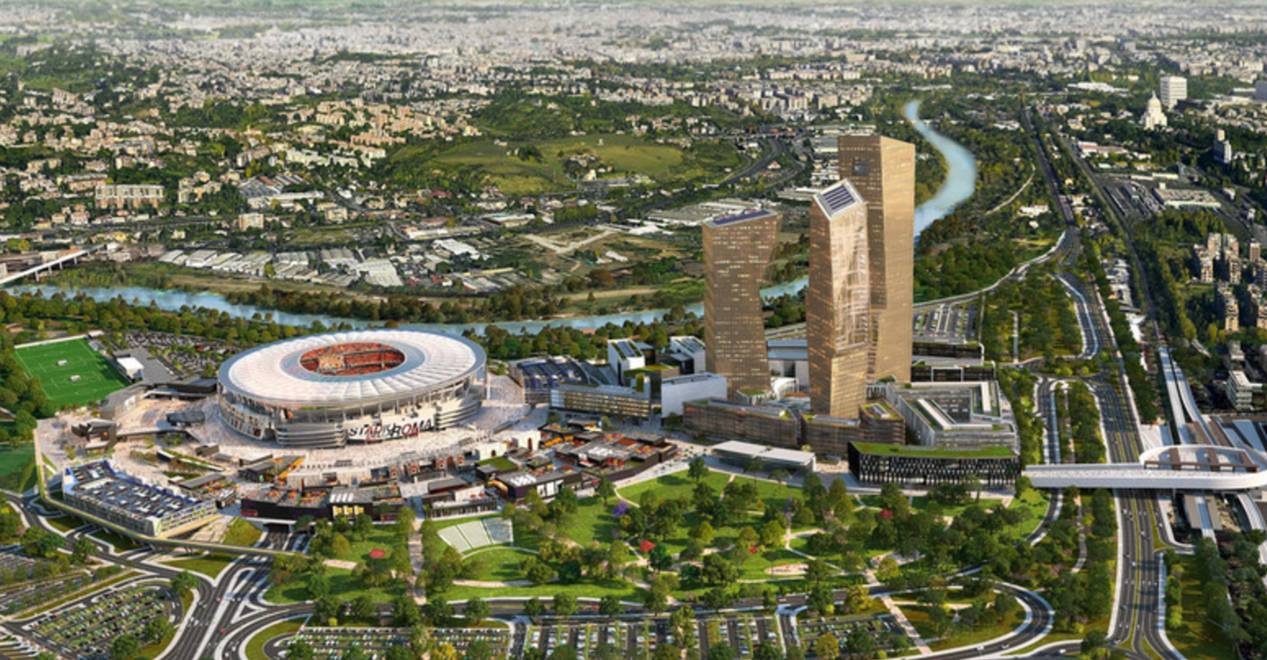


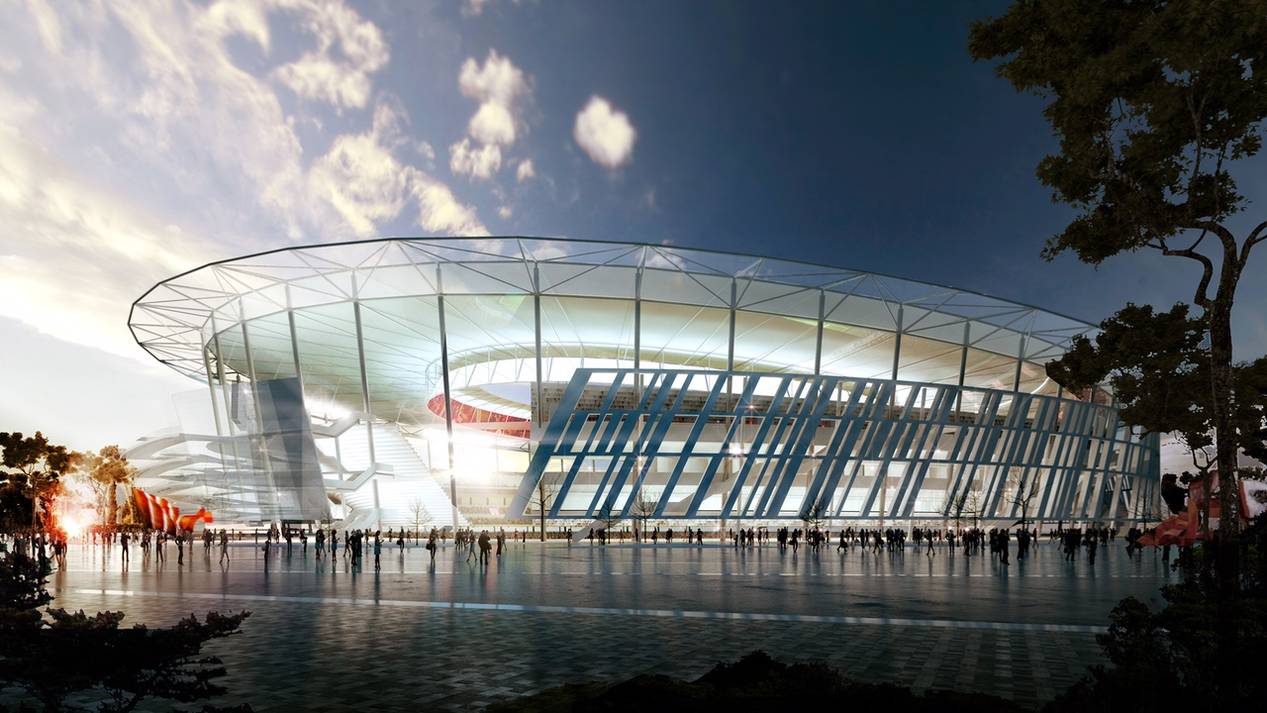




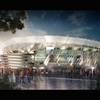
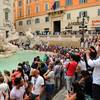

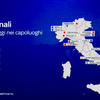
i-Italy
Facebook
Google+
This work may not be reproduced, in whole or in part, without prior written permission.
Questo lavoro non può essere riprodotto, in tutto o in parte, senza permesso scritto.